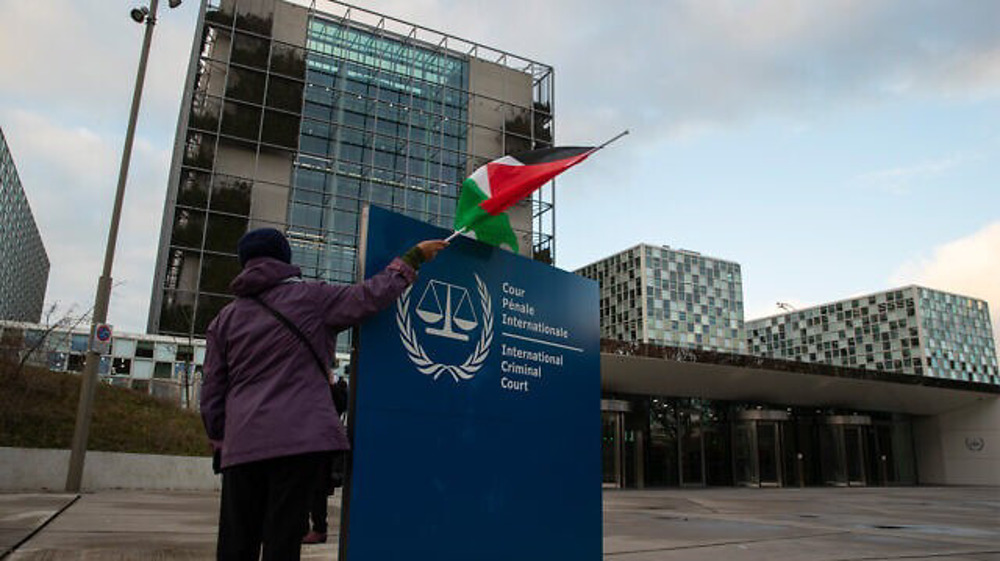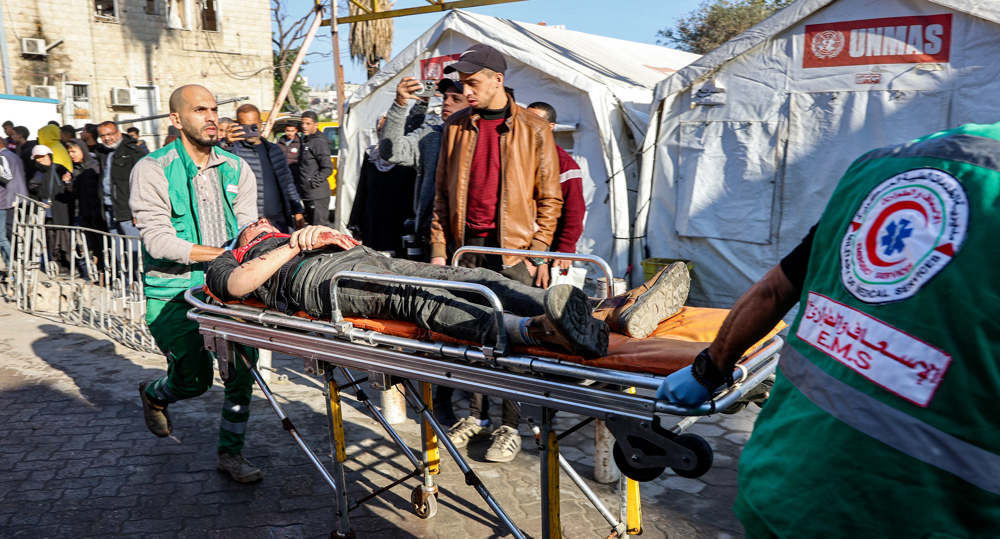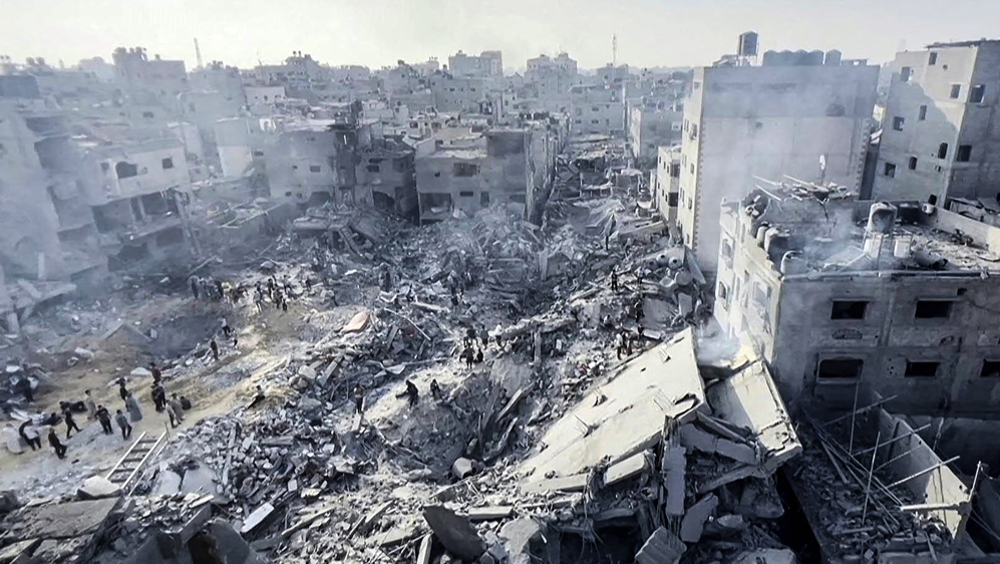Netherlands says Israel must stay away from ICC's war crimes probe
The Netherlands says Israel must not interfere with the work of the International Criminal Court in the case of the Palestinian Foreign Minister, whose travel credentials have been revoked by the regime.
Riyad al-Maliki’s VIP card, a pass granted by Israel to allow top Palestinian officials to move freely through border crossings, was seized on March 21 after his return from a trip to The Hague, where he met ICC Prosecutor Fatou Bensouda.
The issue at hand on the meeting was an investigation into Israeli war crimes, which would, as it is always the case, ruffle feathers in Israel.
“We have raised the matter with the (Israeli) embassy (and) informed them that, as a host country, the Netherlands is very invested in the fact that the ICC must be able to carry out its work without interference,” a spokesman for the Dutch Foreign Ministry said on Tuesday.
Earlier this month, the Court opened a formal investigation into Israeli war crimes against Palestinians. The probe opened after the ICC confirmed that the territories occupied by Israel in the 1967 Arab–Israeli War were subject to its jurisdiction.
In December, Bensouda announced that a five-year preliminary examination of the “situation in the state of Palestine” had provided her with “reasonable basis” to launch a war-crimes investigation into Israeli military actions in the besieged Gaza Strip as well as Israeli settlement activity in the occupied West Bank. She had asked the court to determine whether she had territorial jurisdiction before proceeding.
Israel occupied East Jerusalem al-Quds, the West Bank, and the Gaza Strip — territories the Palestinians want for their future state — during the Six-Day War. It later had to withdraw from Gaza.
In the 2014 carnage Israel carried out, nearly 2,200 Palestinians, including over 570 children, were killed in Gaza.
Meanwhile, Rawan Sulaiman, who serves as the head of the Palestinian mission in the Netherlands and Palestinian representative to The Hague-based tribunal, said in a statement on Tuesday, “We will not be subject to intimidation as we seek justice for victims of atrocity crimes committed in Palestine.”
“Israel, the occupying power, has consistently been obstructing access to justice and doing all within its power to avoid any form of accountability for the crimes that continue to be committed in the Occupied Palestinian Territory.”
“We will continue our legal and peaceful endeavor to seek accountability for the crimes committed against the Palestinian people.”
Sulaiman urged ICC member states “to support the integrity, impartiality and independence of the ICC, particularly, in light of the threats it, and those cooperating with it, continue to face.”
Palestine was accepted as an ICC member in 2015, three years after signing the court's founding Rome Statute, based on its “observer state” status at the United Nations.
Both Israel and the United States have refused to sign up to the ICC, which was set up in 2002 to be the only global tribunal trying the world's worst crimes, war crimes and crimes against humanity.
Both have claimed they have credible legal systems that can properly adjudicate human rights violations, which make ICC intervention dispensable.
Balkees Jarrah, an associate international justice director at Human Rights Watch, has said, “ICC member countries should stand ready to fiercely protect the court’s work from any political pressure.”
'Next to impossible' to rescue patients from Gaza's Kamal Adwan Hospital: Director
VIDEO | Vietnam current prosperity
Report blames gasoil exports for shortage at Iranian power plants
VIDEO | Hind Rajab Foundation names Israeli war criminals vacationing after Gaza genocide
VIDEO | Australians rally for Gaza ahead of Christmas festivities
VIDEO | Attacks on Sana'a
Iran reports further drop in annual inflation rate in December
Israel indicts two settlers over suspected spying for Hezbollah










 This makes it easy to access the Press TV website
This makes it easy to access the Press TV website